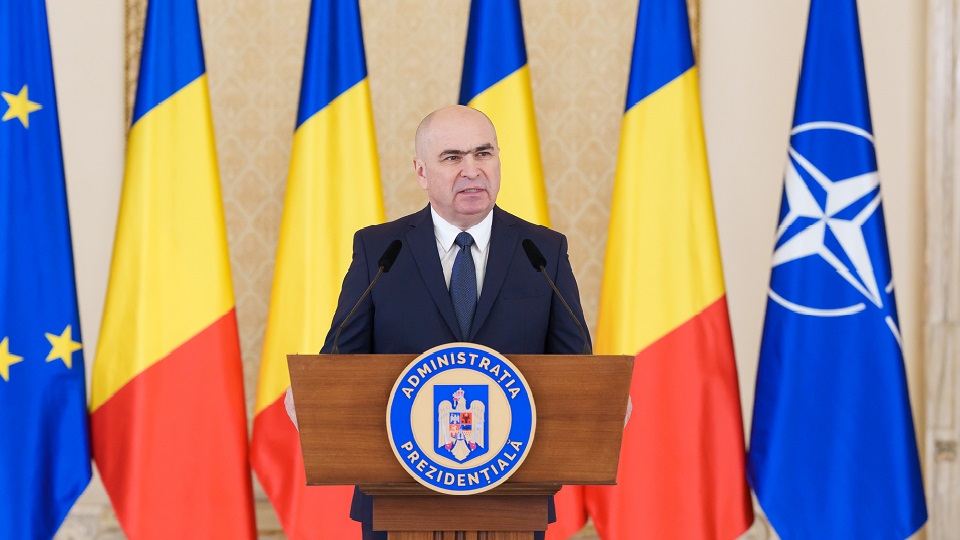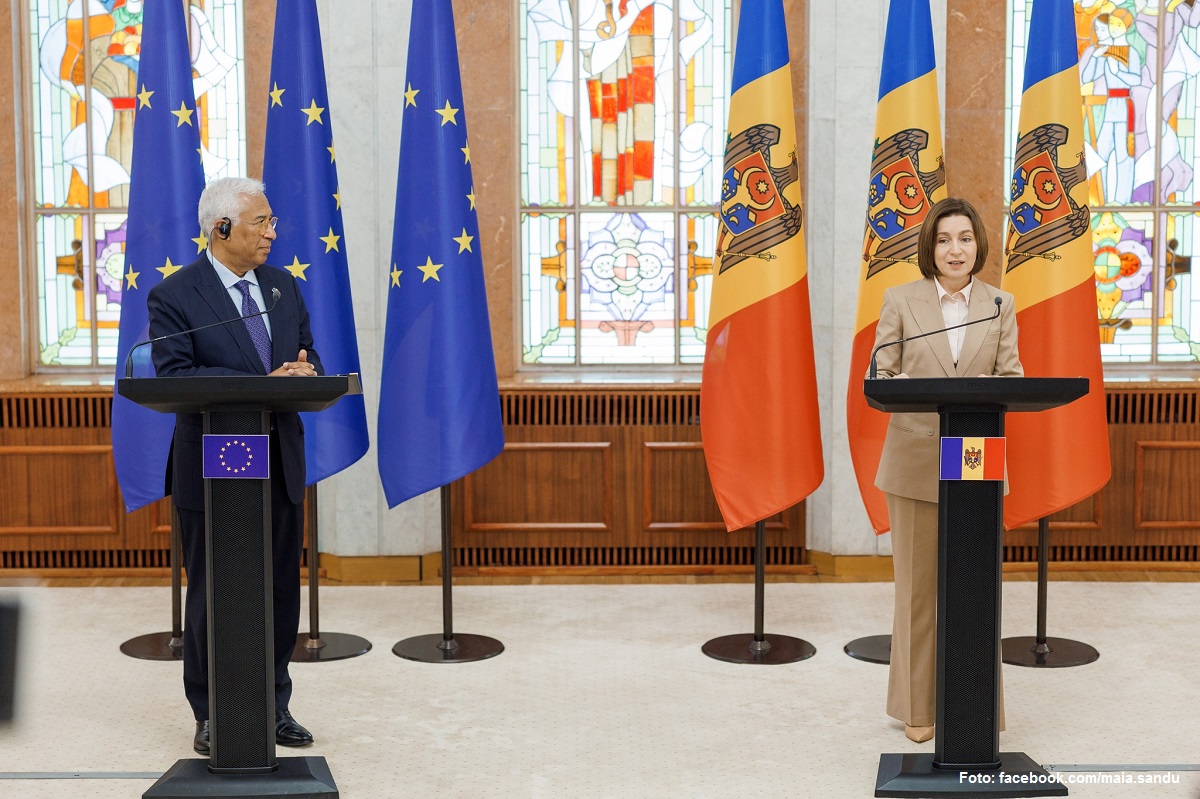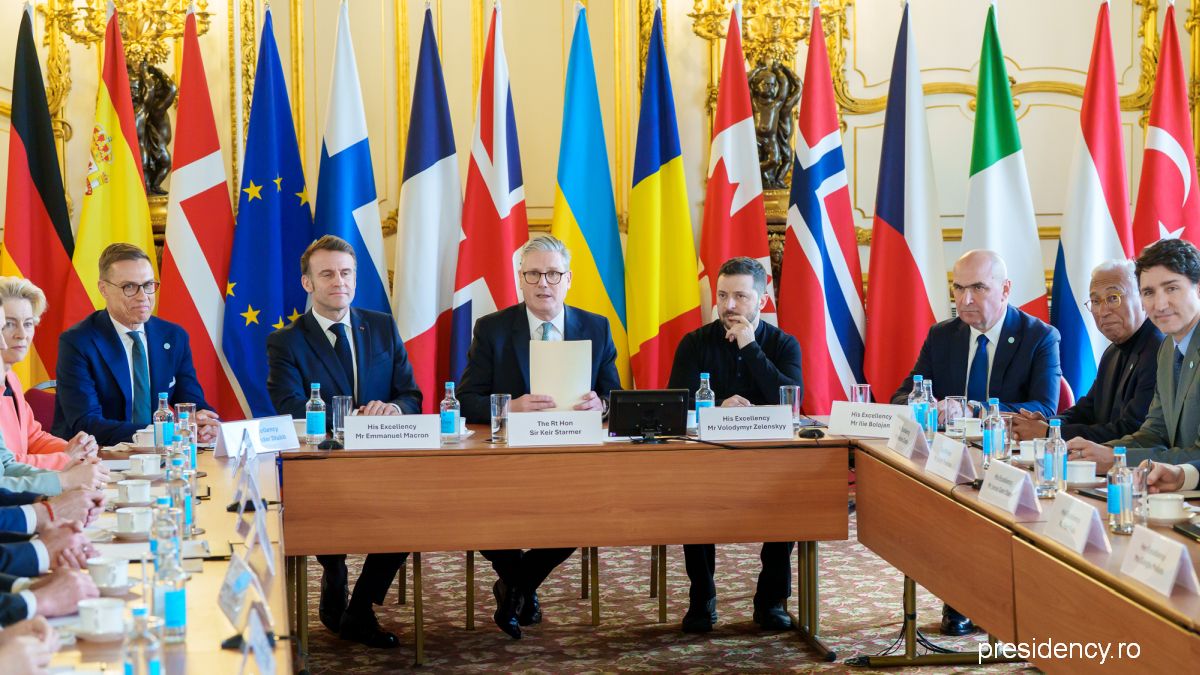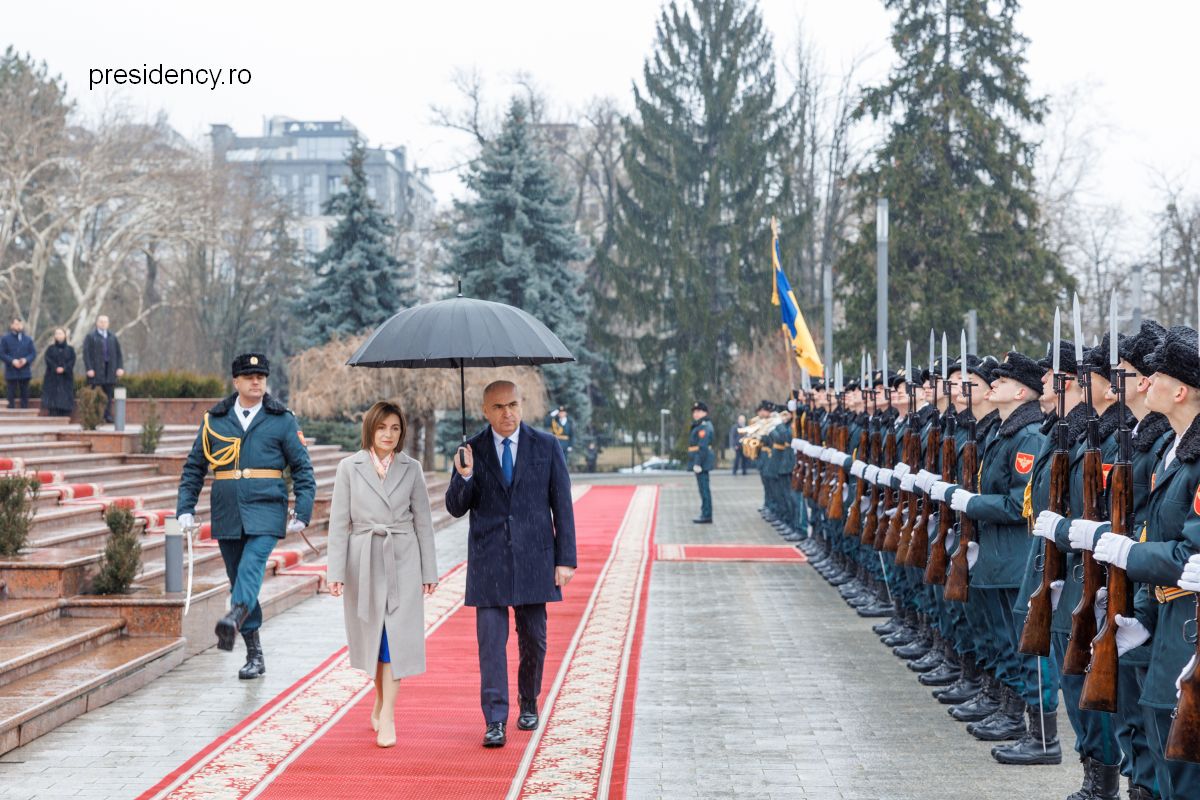No more EU visas for the Republic of Moldova
Starting on the 28th of April, Moldovan citizens can travel without visas to the European Union, with the exception of Britain and Ireland.
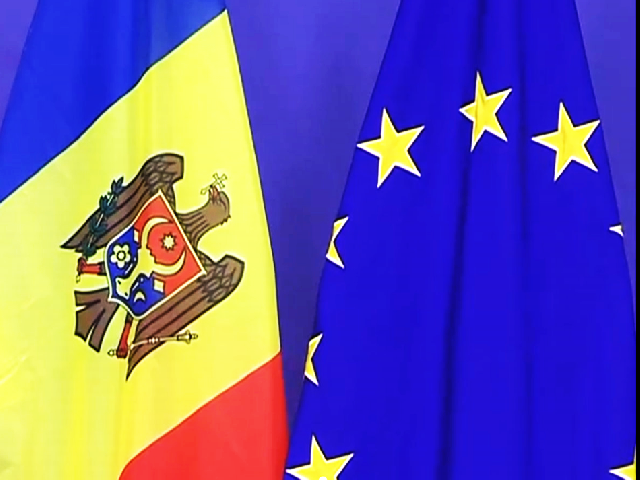
Valentin Țigău, 28.04.2014, 13:24
The visa liberalisation for Moldovan citizens travelling to the European Union has been met with enthusiasm in the Moldovan capital Chisinau. To celebrate the news, a group of over 100 people led by the country’s prime minister Iurie Leanca will make a symbolic visit to Greece, the current holder of the EU rotating presidency.
According to prime minister Leanca, the visa liberalisation will allow Moldovans to visit their families living in the EU more often and give them the opportunity to see how people live in the European Union. “A trip to western Europe will be more efficient than the entire pro-Russian propaganda in the Republic of Moldova”, said one Moldovan citizen quoted by Radio Romania’s correspondent in Chisinau.
The lifting of visas is an undeniable achievement of the Moldovan government and of Romania’s political and diplomatic lobbying. It also shows the Union’s confidence in the pro-European movement and can be seen as an encouragement to continue on this path, all the more so as not all political forces in the Republic of Moldova are in favour of the country’s coming closer to the European Union.
A former Soviet state with a majority Romanian speaking population, the Republic of Moldova is the first Eastern Partnership member whose citizens are allowed to travel to the EU visa-free. The European commissioner for internal affairs, Cecilia Malmstrom, has hailed the decision and the efforts of the Moldovan authorities which have made it possible.
In Bucharest, a release from Romania’s president Traian Basescu writes that free movement to the European Union and the upcoming signing of the association agreement will consolidate Moldova’s European path. The Romanian foreign minister, Titus Corlatean, said Moldovan citizens can now benefit from a fundamental EU right and called on the European Union to step up the signing of its association agreement with Moldova:
“I have called on EU ambassadors to stress the importance of speeding up the association process in their respective capitals so that the association and free trade agreement may be signed in late May or in June at the latest. This would give the Moldovan parliament the necessary time to ratify the agreement before Parliament’s summer recess and the start of the election campaign for the legislative elections in autumn.”
Although the liberalisation of the visa policy for Moldovan citizens does not also imply the opening of the EU labour markets, it clearly brings Moldova closer to the EU at a very complicated time for this geopolitical region.

